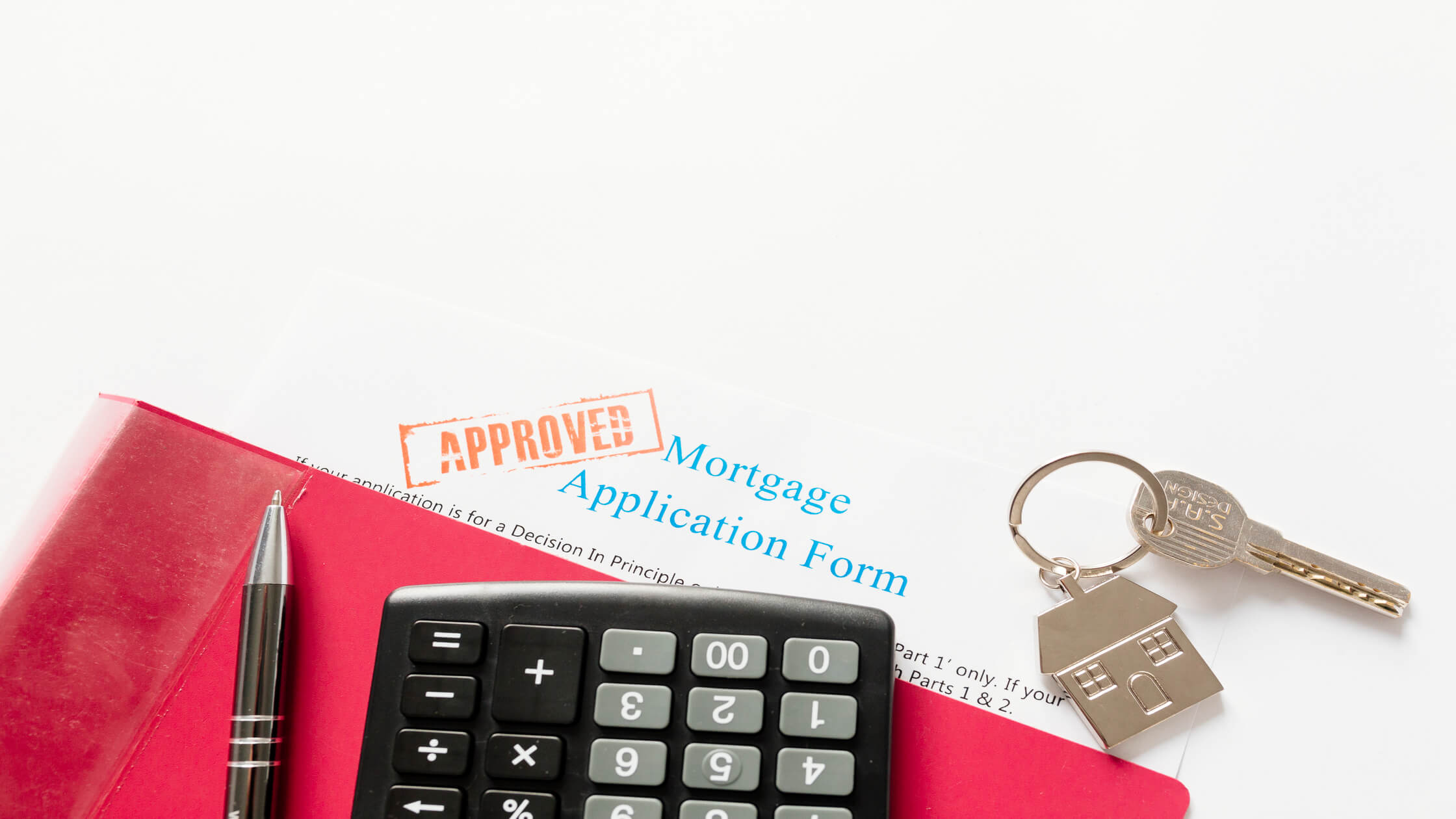Collecting a security deposit is a critical task that a landlord will do at the beginning of a new lease arrangement. Security deposit laws vary by state, and New Jersey is a state that requires some careful paperwork in order to comply with the law.
Overall, landlords need to be aware of the finer points of New Jersey security deposit law and stay on top of all of the steps required of them.
For more details, you can refer to the full resources at New Jersey GOV.
Amount and Prepaid Rent

In New Jersey, the maximum security deposit a landlord can charge is limited to 1.5 times months' rent. This regulation is designed to protect tenants from excessive upfront costs when securing a rental property.
New Jersey law also sets clear guidelines for increases in the NJ tenant rights security deposit during a tenancy. If the rent is increased, the landlord can require an additional deposit, but the total security deposit cannot exceed one and a half times the new monthly rent.
However, any increase in the security deposit cannot surpass 10% annually. These regulations provide tenants with a predictable framework for security deposit adjustments, ensuring that any increases are gradual and manageable.
Requirements for a Separate Security Deposit Account
The landlord has 30 days from the date of accepting a security deposit act NJ to deposit it in an interest-bearing bank account at a federally insured bank located in New Jersey. Within this same 30-day period, the landlord must also provide the tenant with a written notice containing the following information:
- The name and address of the bank where the deposit is held.
- The type of account in which the deposit is placed.
- The current interest rate on the account.
- The amount of the security deposit.
Interest Payments on Security Deposits
On every anniversary of the lease start date the landlord must pay the interest earned to the tenant. Payment can be in cash or as a credit on rent due. While not required, it’s a good idea to provide a written receipt as record of interest payments made.
Penalties for Non-Compliance with Security Deposit Laws
If a landlord fails to deposit the security deposit in an interest bearing bank account, to provide the notice, or to pay the interest due to the tenant, the tenant can give written notice to the landlord that the security deposit plus interest at a rate of 7% per annum will be applied as a credit toward rent payments due or to become due. In addition, for the remaining of the tenancy the tenant is not obligated to provide a security deposit and the landlord cannot demand one.
If the landlord fails to pay the annual interest or provide the annual notice at the time of the annual interest payment, the tenant must first provide written notice to the landlord of their failure to provide the required notice and give the landlord 30 days to comply.
This notice by the tenant must be provided prior to the tenant’s remedy of applying the security deposit plus 7% interest to the rent due or coming due.
Allowable Charges
The security deposit can be used for damages beyond normal wear and tear. The tenant cannot apply the security deposit to the last month’s rent. (Based on Security Deposit Regulations of New Jersey)
Returning Security Deposits
The landlord has 30 days after the agreement is terminated or the unit is surrendered and possession by the landlord is recovered to return the deposit. The landlord must include any applicable interest along with an itemized security deposit settlement statement listing any deductions.
2024 Updates to New Jersey Security Deposit Laws

The latest updates to New Jersey landlord tenant laws in 2024 have introduced new requirements for landlords, particularly regarding the handling and notification of deposits.
- Deposit Limits and Increases: Landlords cannot require a security deposit that exceeds one and a half months' rent. Any additional yearly security deposits cannot exceed 10% of the current deposit.
- Interest on Security Deposits: For landlords managing ten or more units, security deposits must be held in an interest-bearing account or invested in a New Jersey-based insured money market fund. Interest or earnings must be credited to the tenant or paid out annually.
- Notifications and Receipts: Landlords must provide written notification to tenants within 30 days of receiving the deposit, including details about the banking institution and the amount. Additionally, any transfer of the deposit to another account must be communicated within 30 days unless it coincides with the annual interest payment.
- Handling Security Deposits upon Property Sale: If a rental property is sold, the new owner is responsible for the security deposits and any accrued interest. The previous owner must transfer the deposits and notify the tenants within five days of the property sale. The new owner inherits full responsibility for these deposits, regardless of whether they actually received them from the seller.
Alongside the updates to security deposit laws in 2024, New Jersey has also emphasized tenant rights through measures like the Good Cause Test for evictions. For more details on this test and its implications for landlords, you can explore the full explanation here.
Bottom Line
With clearer rules on deposit amounts, interest, and timely returns, New Jersey security deposit law strengthens tenant protections and outlines clear responsibilities for landlords. Both parties need to stay informed to avoid unnecessary conflicts and legal consequences



